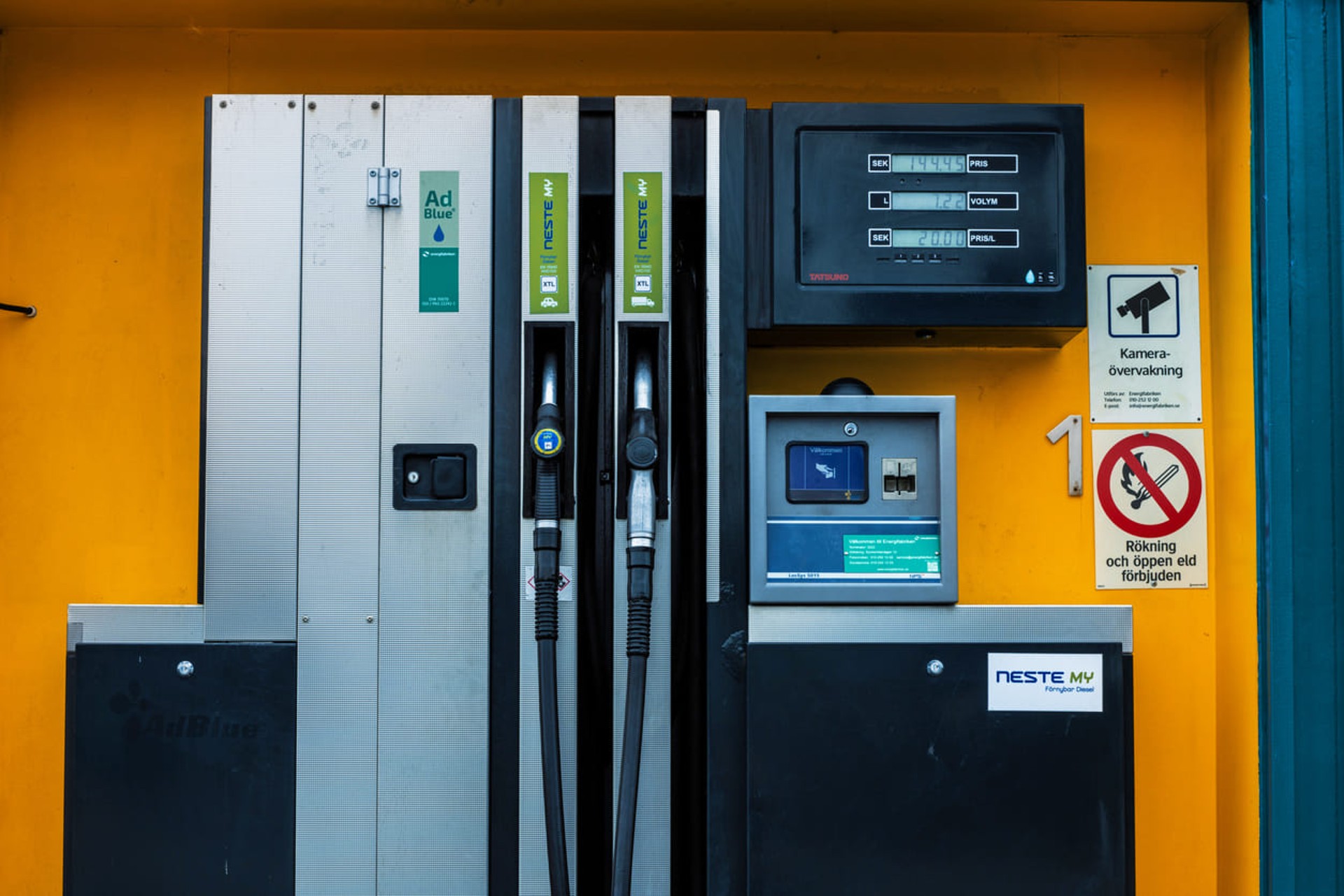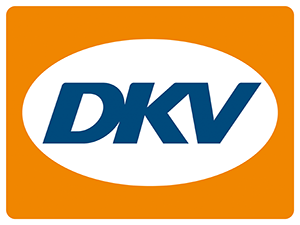Driving Towards Sustainability

While manufacturers are looking for ways to make electric drive technology cheaper for heavy-duty vehicles, market players are looking at solutions that are already available. Biodiesel produced from hydrotreated vegetable oil (HVO) is named as one of these - ecological fuel from renewable raw materials.
Today it is one of the “greenest” fuel alternatives for diesel cars. HVO is produced only from food waste or used materials - for example, fruit waste or burnt oil, so it is classified as a renewable source.
Biodiesel-powered cars emit up to 90 percent less CO2, 30 percent less particulate matter and 9 percent less NOx compared to fossil diesel. More and more transport manufacturers - from Scania or Volvo Trucks to Audi - are declaring that their diesel car engines are suitable for use with biodiesel or its various blends.
“Biodiesel is made from renewable raw materials - this is extremely important. The possibility of creating such an important source of the circular economy is very important when looking for alternatives to traditional fuels,” says Artūras Michejenko, Country Manager DKV Mobility Baltics company.
Accessibility is improving
Representatives of the transport and manufacturing industries believe that pure biodiesel can help to achieve the European Union's strict goals of reducing pollution and using green energy sources faster. Such a choice would also have a real impact on improving our public health.
HVO production technology has been known for many years. Its first popularizer was the Finnish Neste brand, which supplied biodiesel in Lithuania, Latvia, Finland, and Sweden. Western European chains such as Total and Eni are now following in its footsteps. The "Lotos" and "Orlen" gas stations, which have successfully tested HVO in Poland, have confirmed that this fuel is not inferior to fossil diesel in terms of quality or even surpasses it.
However, whether green fuel will be accepted on the market depends not only on its price and composition but also on the availability of the network, including fuel cards. For example, HVO biodiesel is offered to fuel card holders of DKV Mobility, thus increasing its availability.
"We started offering HVO to carriers already two years ago. Today, this fuel is gaining more and more popularity," says Michejenko.
HVO biodiesel can be sold pure (HVO100) or blended with conventional fossil diesel in various proportions, such as 30 percent (HVO30) or 50 percent (HVO50). Pure HVO diesel makes it possible to reduce the CO2 emissions of a vehicle using it by about 90 percent.
HVO (including HVO100) is perfectly suited to common modern diesel engines without any modifications. That is why leading truck manufacturers support its popularization. DAF recently announced that all its models can use HVO fuel, and Scania, MAN, Volvo Trucks, Mercedes, Renault, and Iveco have been declaring this for several years.
Price is no longer the only factor
Specialists agree that the higher price than fossil diesel is a limiting factor for the use of biodiesel. However, Europe's green rate is bringing us closer to the moment when the price will no longer be the sole determinant of fuel demand.
DKV Mobility statistics already show that, for example, there is no shortage of HVO fuel users in the Netherlands or Belgium despite the price difference in favor of conventional diesel.
This is directly related to the introduction of the EU's “Fit for 55” package of legislation, which forces companies to reduce their greenhouse gas emissions rapidly. It is aimed that by the end of this decade, significant indicators of progress will be achieved in European countries, and the amount of greenhouse gases will decrease by at least 55 percent compared to the level of the 1990s.
Looking at the overall costs of companies not meeting EU emission requirements, the decision to use clean fuels is gaining more and more support. In addition, the ecological requirements include not only transporters but also all types of manufacturing companies - they will be required to report the percentage of renewable energy used throughout the product's production cycle.
“Among clients, there are cases where transport companies receive compensation from the clients they represent for using green diesel instead of classic diesel. The reason is that it is sometimes easier to improve your sustainability performance by investing in a more expensive supplier's fuel than by changing the entire production line. There is also an increase in the number of companies that decide to invest in green solutions for the sake of image because this is how they win customers in the market,” explains Michejenko.
Social responsibility
In addition to EU requirements, the market is also influenced by social responsibility pressure. Freight and passenger transport emits a fifth of the world’s greenhouse gases. The largest slice of the unpleasant pie - as much as three quarters - is taken by road transport.
In July 2021, the amended Renewable Energy Directive of the European Commission stipulates that 7 percent of the energy consumed in the transport sector should come from biofuels. It is in this ratio that bio-additives (HVO or RRME) are mixed into summer diesel sold at all gas stations in Lithuania.
In compliance with climate change commitments, there should be reduction of emissions in the transport sector by 20% within a decade. Fuels such as HVO biodiesel can accelerate this transformation. The only question is how quickly they will spread As per example, today DKV Mobility have around 20 000 alternative fuel service stations in the network.
The Law on Alternative Fuels adopted by the Lithuanian Seimas two years ago specifies that gradually, fuels from renewable energy sources must make up an increasing share of the energy value of gasoline and diesel supplied to the domestic market. By 2030, it will have to reach 16.8 percent.
